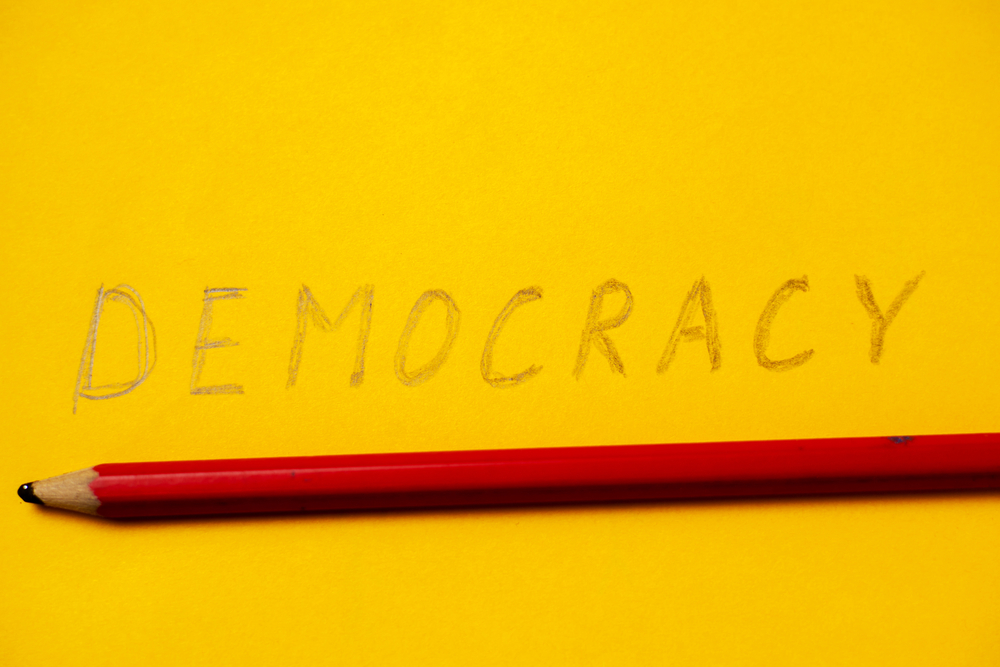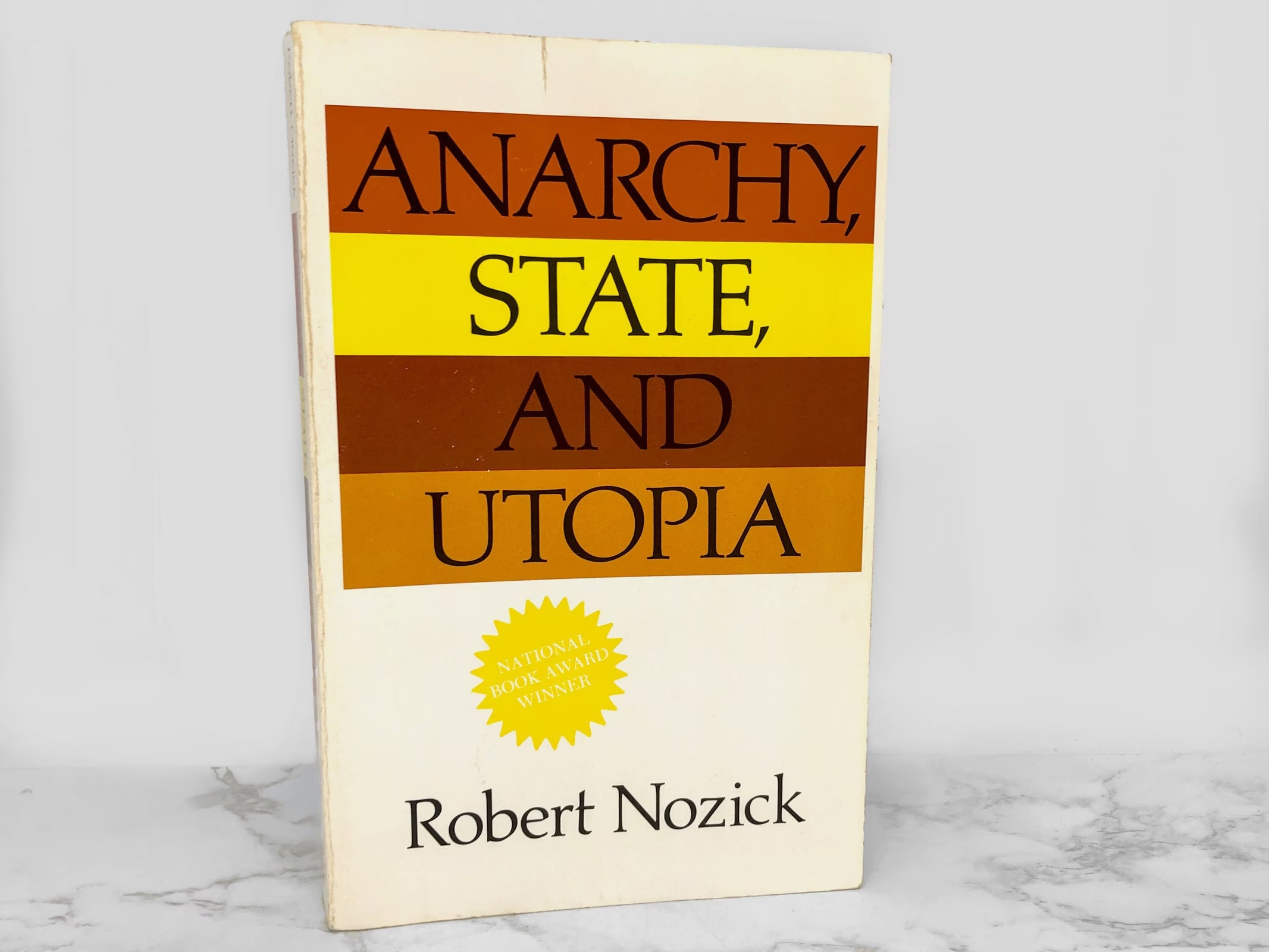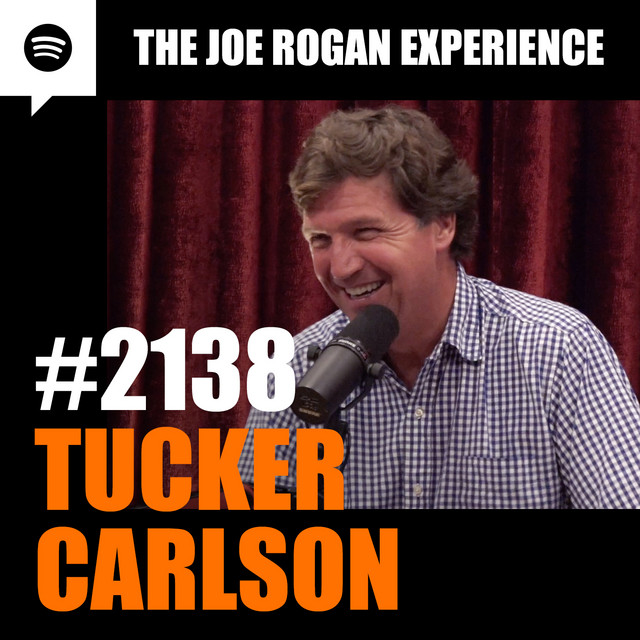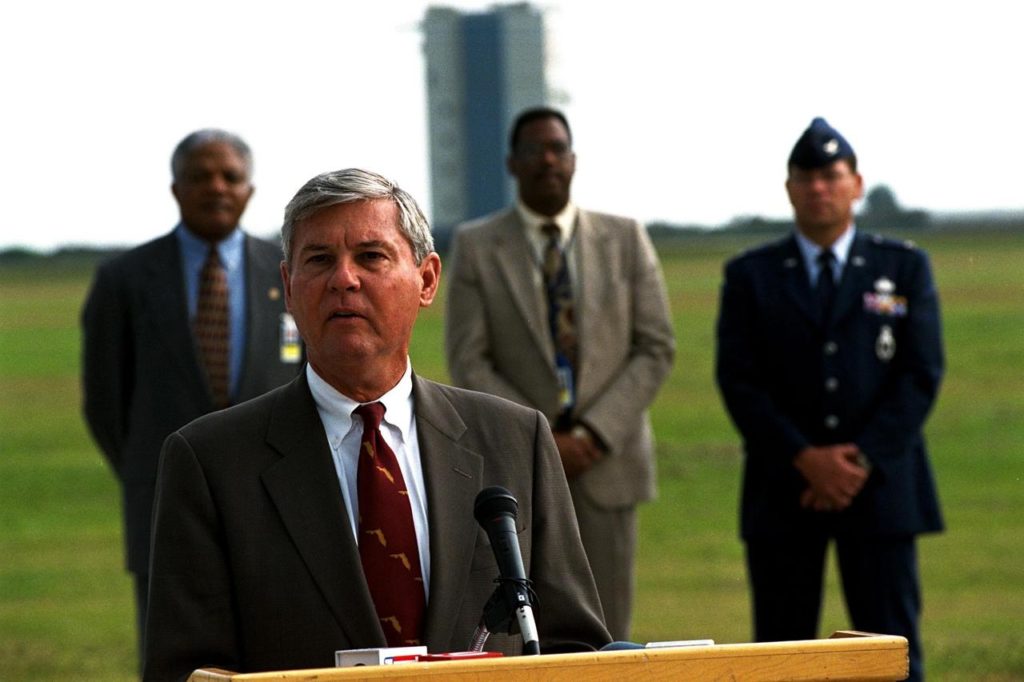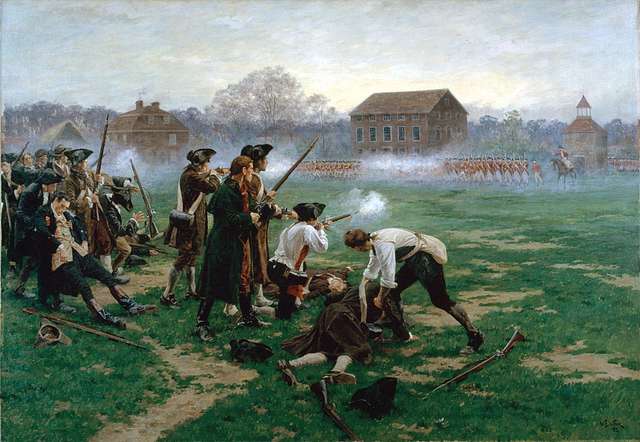“Most people, in fact, will not take the trouble in finding out the truth, but are much more inclined to accept the first story they hear.” ― Thucydides, History of the Peloponnesian War
“They hate what they see right here in this chamber: a democratically elected government. Their leaders are self-appointed. They hate our freedoms: our freedom of religion, our freedom of speech, our freedom to vote and assemble and disagree with each other.” ― President George W Bush, 2001
“And we’re at the very beginning stages of a very brutal and bloody conflict, of which if the people in this room, the people in the church, do not bind together and form what I feel is an aspect of the church militant, to really be able to not just stand with our beliefs, but to fight for our beliefs against this new barbarity that’s starting, that will completely eradicate everything that we’ve been bequeathed over the last 2,000, 2,500 years.” ― Steve Bannon, Speech Before Human Dignity Institute, Summer 2014
On March 12, 2007, a Republican Congressman from Texas filed to begin a quest for the presidency that he knew he couldn’t win. Speaking a month earlier, on February 19th 2007 in a video released to announce the formation of an exploratory committee, Ron Paul outlined a key reason for his motivation to run:
“A financial crisis is looming and our foreign policy of empire building cannot last. Both conditions threaten our prosperity, safety, and above all our liberties.”
As with so many things that Dr. Paul said in the heady days of the early Ron Paul movement, these two points later crystallized dramatically during the campaign. The housing and financial crisis would soon engulf the whole financial system. Much sooner than this would come Paul’s challenge on the fallacies of empire building.
“A Nation under great stress is ripe for a change. A major change in direction is not a theoretical dream, but actually quite possible.”
Paul launched his campaign not to dominate his fellow Americans, but to educate the population about freedom and produce the type of change towards freedom in society that he was hoping for. The past years of the Bush administration had been disastrous for the country, with several boondoggle wars and a looming financial crisis, and Paul was certain of it. He thought there was hope for America, and his rhetoric was upbeat and positive, talking about the great energizing that would take place. The second Republican presidential debate took place in South Carolina in May 2007. South Carolina has a large population of soldiers and their families, and so it was particularly striking that in such a place, Paul chose to hold his ground when attacked by Rudy Giuliani on the nature of the American overseas presence and the threat it posed to the American people. The whole exchange is worth watching:
Here are the key points:
“[I]ntervention was a major contributing factor. Have you ever read the reasons [al Qaeda] attacked us? They attack us because we’ve been over there; we’ve been bombing Iraq for 10 years. We’ve been in the Middle East – I think Reagan was right: we don’t understand the irrationality of Middle Eastern politics. So right now, we’re building an embassy in Iraq that’s bigger than the Vatican. We’re building 14 permanent bases. What would we say here if China was doing this in our country or in the Gulf of Mexico? We would be objecting. We need to look at what we do from the perspective of what would happen if somebody else did it to us.”
And, when challenged by Giuliani to retract, Paul stood his ground:
“I believe very sincerely that the CIA is correct when they teach and talk about ‘blowback.’ When we went into Iran in 1953 and installed the shah, yes, there was blowback. A reaction to that was the taking of our hostages and that persists. And if we ignore that, we ignore that at our own risk. If we think that we can do what we want around the world and not incite hatred, then we have a problem.
They don’t come here to attack us because we’re rich and we’re free. They come and they attack us because we’re over there. I mean, what would we think if we were – if other foreign countries were doing that to us?”
It’s clear that Paul believes that US Middle Eastern involvement has helped to create the environment in which Islamic terrorism has flourished. Even when challenged in front of millions of people, he wouldn’t back down from this assertion. In the post-debate spin room, Paul thought his campaign was over. About that he was wrong.
This moment, more than any other, galvanized support around Paul and launched the movement that would bring him to national prominence. He had challenged the establishment narrative about the attacks, wouldn’t relent, and he was being left for dead by the pundits, even though he won their own poll. They said that getting slapped by Rudy Giuliani would “get him a lot of ink,” and further suggesting that he wouldn’t be allowed to participate in the next debate, because his campaign was done for. Sean Hannity, in a previous form, attacked him personally for these assertions, on which we look back with no irony. His campaign had only just begun.
This was the anti-war moment on the right, and its importance can’t be overstated. There was finally a champion for the those on the right who rejected American interventionism, something that the establishment had gone all out and would continue to do so to prevent from happening. Remember, in 2007 the Bush administration and the Iraq war had already played out as disasters, and yet we have the same group of tired politicians giving the same old tired lines about supporting Gen. Petraeus even though the country clearly thought the Iraq conflict was hopeless and didn’t want anything to do with any more neoconservative wars. As Paul put it at the November 28, 2007, CNN debate:
“I don’t want to send our troops overseas using force to tell them how to live. We would object to it here and they’re going to object to us over there.”
This was the great breath of fresh air those in the anti-war movement on the right had been waiting for. Tremendous pent up energy was released in ways that hadn’t been since Buchanan or Perot, but this wave would be bottom up. The establishment was challenged for nearly fifty years of failed foreign policy and disastrous domestic policy, and it all started that night in South Carolina, with seemingly the most unlikely of champions, in a moment that all participants thought would lead to Paul’s undoing.
Unfortunately for the country, Barack Obama would give the United States eight more years of continuous warfare, despite what it wanted and what he was elected on, but Paul’s movement lived on to confront the next two presidential election cycles. The underdog campaigns that challenged every sacred cow of American foreign policy thought reverberated around the vast power centers of the American apparatus. The brushfires it helped to ignite rightly put the establishment on the back foot, perhaps permanently, and the seeds of a greater upheaval were planted. That greater upheaval arrived on January 20th, in the form of President Trump. While even Rand Paul doesn’t claim to be his father’s heir, how should we regard the Trumpian foreign policy in the context of our movement?
Many libertarians, there was even a Libertarians for Trump movement launched, have come to support President Trump, the inheritor of Obama’s vast apparatus, on the basis that he’s not very likely to get the United States embroiled in a war. During the campaign, this formulation made more sense, as Hillary Clinton didn’t seem to want an end to any of America’s wars. The American troop presence around the world, and the cost of that presence, was rightly attacked by Trump throughout the campaign. Now that Trump is ensconced in the high towers of power, what foreign policy are we likely to get?
We know that Trump rejected the second war in Iraq and the Bush administration. As he also put it in a debate in South Carolina,
“I want to tell you. They lied. They said there were weapons of mass destruction, there were none. And they knew there were none. There were no weapons of mass destruction.”
Trump then immediately backtracked those comments, in an interview with NBC’s Chuck Todd on Meet the Press:
“I didn’t call him a liar. I say – I said, I didn’t call anybody a liar.”
And seconds later
“Look, I said maybe, Chuck, I said maybe there were lies. Because look, the weapons of mass destruction, they said they existed, and they didn’t exist. Now it was his group that said, ‘There are weapons of mass destruction. That’s why we went in.’ That’s why so many people got hoodwinked into going into Iraq. Then they go in there, they searched high and dry, they looked all over, there were no weapons of mass destruction. It turned out that there were absolutely not. There were no weapons of mass destruction. Now, was it a lie? I don’t know.”
Many questions remain about what the president will do, especially in the absence of Gen. Michael Flynn, who was confrontational with Iran and forced to resign from his post as National Security Advisor because of lying or misremembering about contact with the Russian Ambassador. Surrounded now by Gen. Mattis, Steve Bannon and temporary National Security Advisor Kellogg, what will Trump’s rejection of Bush’s foreign policy amount to by the end of his administration? Trump has promised to be ruthless towards ISIS. Will there be a third way, a non-neoconservative answer to the Middle East, which is to say no democracy building, but also no non-intervention? With the raid in Yemen, we may have our answer.
While Trump is less bellicose towards potential adversaries like Russia, his main objection to the wars seem to be that, apart from being lied to, America lost two dumb wars. This may be the key difference in Trumpian thinking on foreign policy and use of force, it doesn’t pretend to be non-interventionist, more smart interventionist, with echoes of Hillary Clintons “smart power and hard nosed diplomacy” formulation. While not for knocking out dictators like Ghaddafi, he is for knocking out ISIS. The intervention is limited to America’s “real” enemies, for now, without the thankless efforts to “build democracy.” Trump may want to “knock the hell out of ISIS”, and laments that America didn’t take any oil from Iraq (here and here), but won’t build them into Western style democracies. In either the neoconservative formulation or Ron Paul’s non-interventionism, this is a self-defeating approach.
Those who occupy the seats of power may not be concerned with where it’s leading, per Steve Bannon, Trump’s top political advisor and National Security Council member:
“…We have to face, and it’s a very unpleasant topic, but we are in an outright war against jihadist Islamic fascism. And this war is, I think, metastasizing far quicker than governments can handle it.”
“…We’re now, I believe, at the beginning stages of a global war against Islamic fascism.”
Trump uses the same kind of language, saying that now that the US military is in Iraq and has destabilized the region, it must destroy ISIS. Now comes the key problem for Ron Paulians who supported Trump. The question is, what do you believe? Do you believe, like Ron Paul, in the blowback theory of non-intervention? Or do you believe, like Bannon, there is a bloody struggle being waged by Islamic enemies against the West, that will require the creation of “faith militant” or other defenses to stave off the destruction of Western Civilization’s accomplishments of the last 2500 years? To believe in Bannon is to believe in Giuliani’s assessment, that no matter what, we were going to be attacked by those who hate us on 9/11, and that no matter what, the ideology that ISIS uses to recruit would have been used to evil ends, even absent the American invasion in Iraq that propelled its creation. While different in their world views, neoconservativism and Bannon’s views line up on these points, although they offer very different assessments of how to deal with the problem, and reject Paul’s view about motivations, which is a key point for noninterventionists.
But to Bannon, this isn’t so important:
“But I strongly believe that whatever the causes of the current drive to the caliphate was – and we can debate them, and people can try to deconstruct them – we have to face a very unpleasant fact. And that unpleasant fact is that there is a major war brewing, a war that’s already global. It’s going global in scale, and today’s technology, today’s media, today’s access to weapons of mass destruction, it’s going to lead to a global conflict that I believe has to be confronted today. Every day we refuse to look at this as what it is, and the scale of it, and really the viciousness of it, will be a day where you will rue that we didn’t act.”
All of Bannon’s policies, all his theories about what’s happening in the Islamic world, boil down to the simple fact that he thinks that this is the continuation of a centuries long conflict rather than the result of constant intervention in the Middle East that gave rise to ISIS, destroyed many regimes, and provided only radicalization to those who now wish to do us harm. This is simply the long war of the Judeo-Christian West against Islam.
Bannon’s beliefs sound more in accord with ISIS themselves rather than Ron Paul. Bannon is falling right into the hands of ISIS, who seek to eliminate the “grey zone”, the area of Muslim acceptance in the West for any peaceful Muslims, and drive them, radicalized, into the waiting arms of ISIS as their only option. They’re already bragging about the recruitment. Worse yet, he believes that inaction can’t be tolerated, by anyone. What advice would this type of person give to the president of the United States? One shudders to think.
Paul himself challenges this idea of a titanic struggle, and Islam hating the West:
“Well, (Trump’s Idea on Islam) is a myth because Islam itself does not hate us. There are probably some believers in Islam who do some hating but that is minor compared to the problem that we have. The First part of this myth is that they hate us because their religion teaches them to hate us and that everybody who’s a devout Muslim or Islamist is required by theology to hate Christians and anybody in the West. I think that a myth, and has recently been used as a reason why we must be concerned about a terrorist attack, and that’s a religious issue as well. And we’re told that they hate us because we’re free and we’re rich, and both of those ideas are myths that we should challenge.”
Bannon uses the language of fear and panic to push his agenda, using the word “crisis” twenty times in his remarks, which is in stark contrast to Paul’s constant, hopeful optimism. Pushing fear is also a key tactic the Bush era neoconservatives used to sell the Iraq war, as the constant anxiety over terror led many to believe their sober, right thinking officials must be concerned, which means there must be an even bigger problem than the people thought initially. This was of course made easier by the attacks of Sept. 11th, the attacks that lead to the invasion of Iraq and the rise of ISIS. The use of such language could be a red flag for bigger things to come.
If the raid in Yemen that killed an American citizen, an 8 year old girl, is any indication of the intentions of the administration, Americans could be in for a very dangerous four years. If American’s don’t question, fight, and come to realize that those in power now are, although not neoconservatives, certainly not non-interventionists, then the fight that Steve Bannon says will become more difficult every day that it’s put off, will happen. These are men who believe they have a historical role to play, a destiny.
And don’t take my word for it, take Steve Bannon’s (2014):
“500 years from today, what are they going to say about me? What are they going to say about what I did at the beginning stages of this crisis?”
Or, believe Ron Paul:
“Our planners and rulers are not geniuses, but rather demagogues and would be dictators.”






